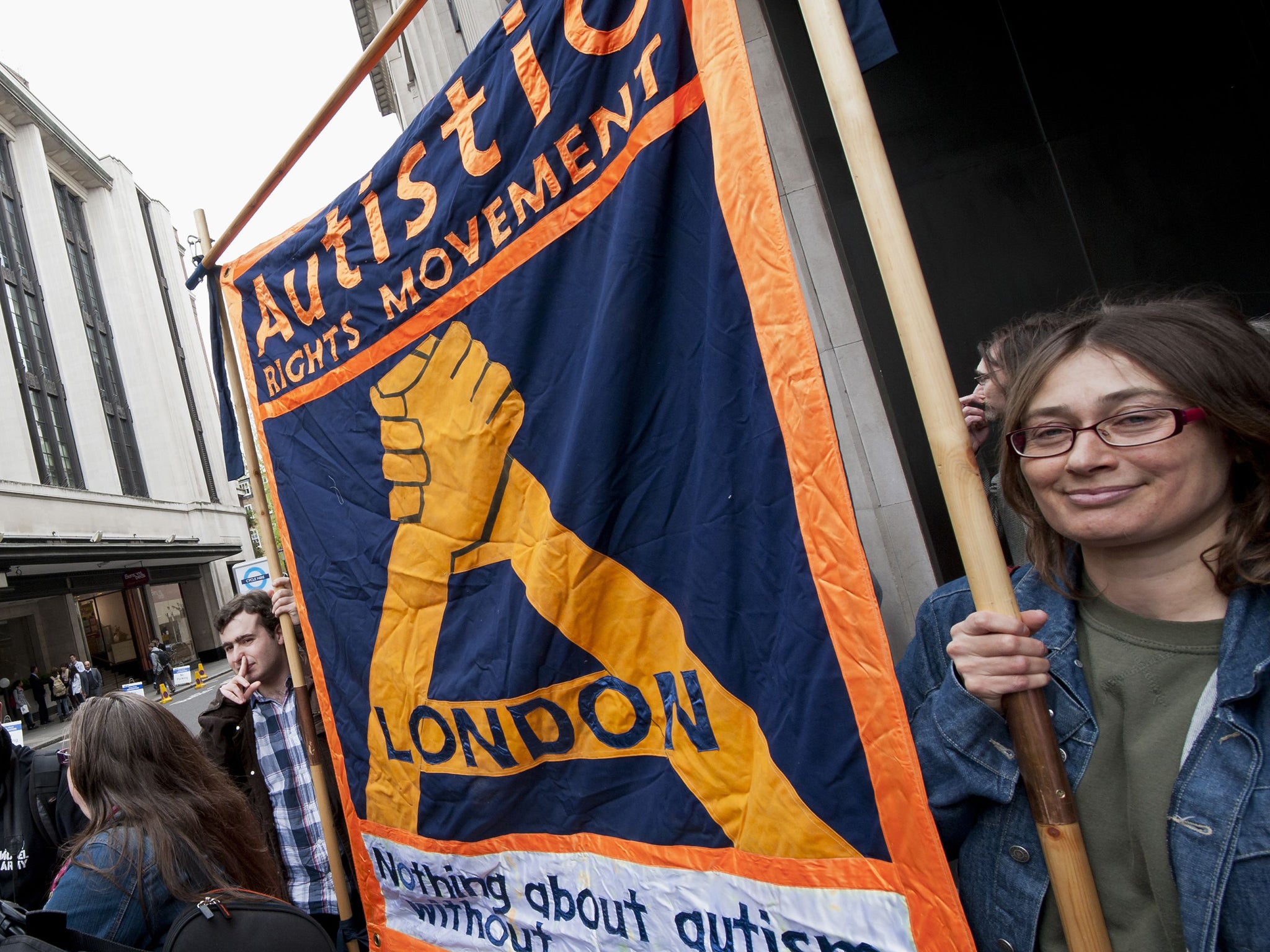Autism: Why do many autistic people die before the age of 40?
Charity urges NHS to carry out immediate review into 'shocking' levels of premature death amongst those with the condition

There is a “moral imperative” to find out why many autistic people die before the age of 40, a charity has said as it published a report highlighting “shocking” levels of premature death.
The group, called Autistica, urged the NHS to carry out an immediate review as it launched a drive to raise £10m to fund more research, the Guardian reported.
The report, called Personal Tragedies, Public Crisis, detailed evidence from a major Swedish study, which found that autistic adults died an average of 16 years younger than the general population.
And the average life expectancy of those who also have epilepsy – which is much more common among autistic people – and other secondary brain disorders was just 39, the study found.
Jon Spiers, Autistica’s chief executive, said: “This new research confirms the true scale of the hidden mortality crisis in autism.
“The inequality in outcomes for autistic people shown in this data is shameful. We cannot accept a situation where many autistic people will never see their 40th birthday.
“We believe there is a moral imperative to act and to understand better why people with autism are dying so young.”
Suicide is a significant factor in the death rate. Autistic people with no learning disabilities are nine times more likely to take their own lives than the general public.
Mark Lever, of the National Autistic Society, told the Guardian: “The 700,000 autistic people in the UK and their families will be deeply distressed by these findings.
“Our charity cannot, and will not, accept a world where autistic people are dying more than a decade earlier than the rest of the population.”
Join our commenting forum
Join thought-provoking conversations, follow other Independent readers and see their replies
Comments